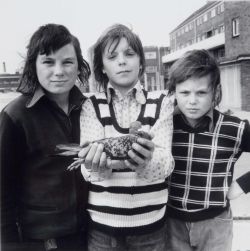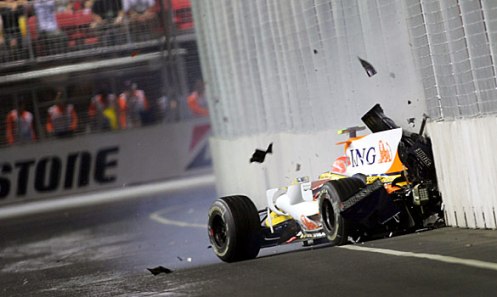On Sunday West Ham United confirmed their exit from the top flight of English football. Defeat at the hands of Wigan, who they were promoted with 6 seasons before, ended what has to be considered one of the worst seasons in the clubs history. And questions are now being asked about what the future holds for the London club.
Relegation is always difficult to swallow, but the knock on effects can be catastrophic. I think Chris Hughton summarised it best following Newcastle’s relegation when he said the club need to bounce back into the Premier League straight away or they will get stuck in quagmire that can be the Championship. Take the example of Bradford City and Leeds United. It’s hard to believe that just 10 years ago The Bantams were relegated from the top flight, and now at the end of the 2010/11 season they sit 18th in League Two. Leeds have taken years to recover from relegation and the financial hardships which ensued. Dropping down to the 3rd tier of English football, only to really show signs of a potential return to the Premier League this season.
The final day of the season promises to be one of the most entertaining for several years, with 5 different teams in danger of facing the drop. Everyone has been shocked at the level of performance which Blackpool have put in this season, and despite the drop in form in the second half of the season no one can deny that Ian Holloway’s side have confounded many of the pre-season predictions. And the other contenders….
Birmingham have faded fast since the jubilation of winning the League Cup a few months ago, Wigan and Wolves have found themselves in a dogfight for much of the season and Blackburn have been sucked back into the basement battle after a positive start under Steve Kean.
This weekend will be anything but predictable, with Manchester United set to put out a reserve side against Blackpool ahead of their Champions League final, and with Blackpool, Blackburn, Wolves and Wigan all unbeaten in their last 3 games they will all be confident they can pull another performance out of the bag. Personally I would like to see Wolves and Blackpool stay up, as I feel they have played the more attractive football and taken more chances, but with the other 3 teams involved having more Premiership pedigree I’m sure they won’t go down without a fight.
But the team I worry for most next season is already the Hammers. Owners Gold and Sullivan have already said big names will be sold. And while I’m sure West Ham fans will not be sad to see the back of overpaid bench warmers such as Boa Morte and Dyer, the potential loss of the likes of Parker, Green, Upson, Cole and Noble along with impressive youngsters such as Jack Collison will be a concern. The cost of not bouncing back at the first attempt will also hit West Ham harder than the other relegation candidates as they are scheduled to move to the Olympic Stadium at the end of 2012. Realistically will they be able to fill out a stadium of that size playing in the Championship? The decisions by the West Ham board this summer may prove to be some of the biggest in the clubs history……









![image_preview[1]](https://jackkillah.files.wordpress.com/2009/12/image_preview11.jpg?w=300&h=240)





